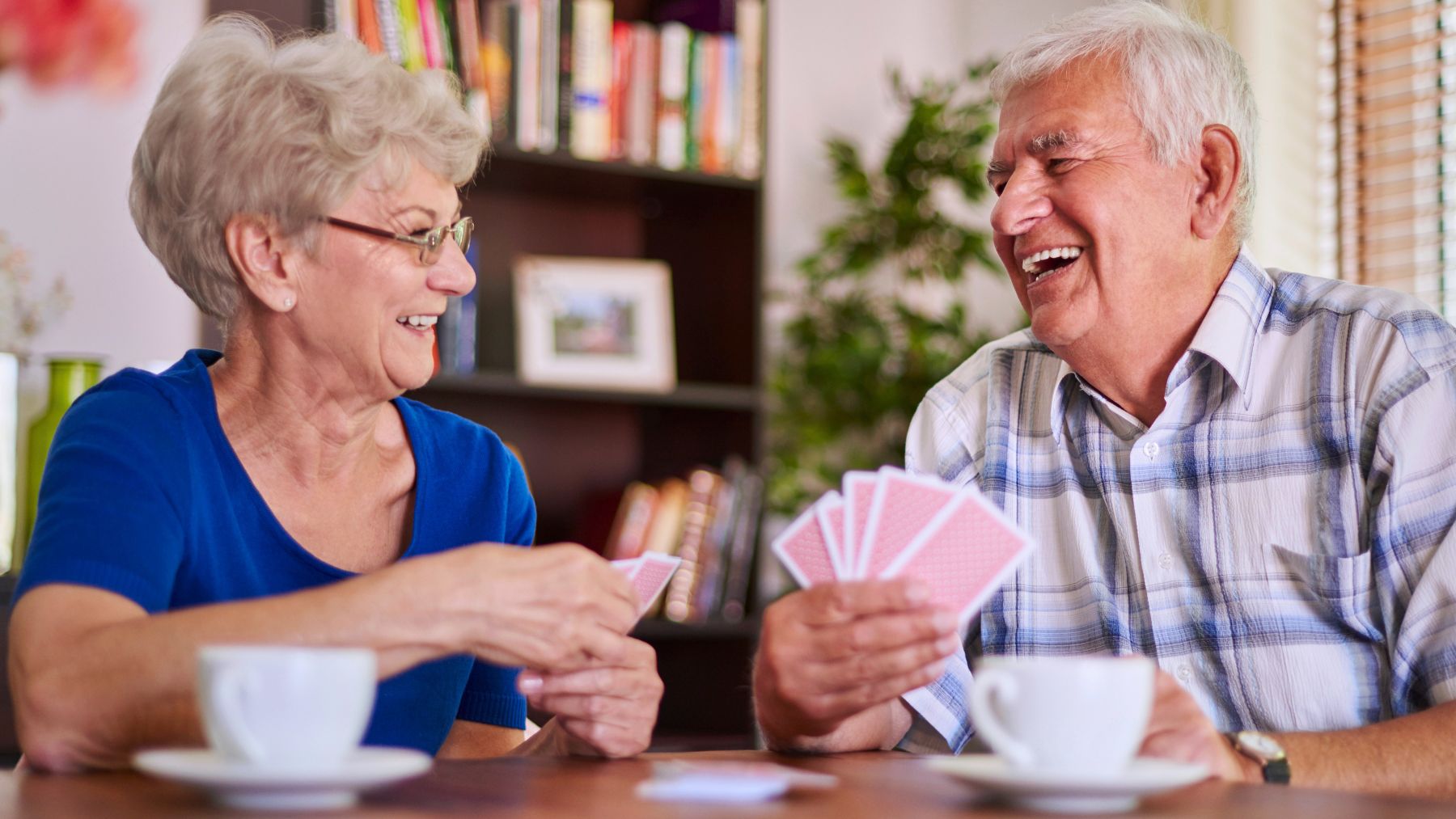Keeping the brain active is just as important as staying physically fit after 70. One way to do that for older adults is through a simple and familiar card game: Uno, not only fun but also a powerful tool for memory and focus.
As short-term memory often weakens with age, it can be harder to retain information and stay mentally sharp, but cognitive training doesn’t have to mean only brain apps or puzzles on a screen. That’s why experts in senior care recommend card and memory games for their numerous cognitive benefits.
Let’s explore how Uno supports memory in seniors over 70, why it works, and which other card games can bring similar benefits.
How Uno helps memory in seniors
Uno may look like nothing more than a colorful family game, but it challenges the brain in several ways. Players need to remember rules, keep track of colors and numbers, and recall which cards opponents might still have. This constant mental juggling strengthens working memory, the part of the brain that stores and updates information for short periods of time.
For seniors, the structure of the game is particularly helpful. The sequence of play, shifting rules with action cards, and the need to pay attention to rapid changes all engage areas of the brain linked to attention and recall. Studies on cognitive stimulation show that activities requiring quick decision-making and pattern recognition can slow down age-related memory loss. Uno does both, while remaining lighthearted and enjoyable.
Another benefit is the social interaction it creates. Playing Uno with friends, family, or in a senior center adds a layer of emotional engagement. Social play has been linked to lower stress and better overall brain health. Laughter, conversation, and shared enjoyment make the memory workout less like a task and more like a natural part of everyday life.
Other card games that boost brainpower for seniors
While Uno is one of the most popular options, many card games can support memory, reasoning, and focus. Each one challenges the brain differently, which makes variety even more valuable. Here are some great choices:
- Bridge: A strategic game that relies on memory, planning, and teamwork. It encourages seniors to track cards and develop long-term strategies.
- Rummy: Builds short-term memory by requiring players to remember which cards have been picked or discarded while working toward combinations.
- Go Fish: Simple but effective for memory recall, especially when played with grandchildren.
- Pinochle: More complex, involving memory of suits, points, and bidding strategies. Great for seniors who enjoy a mental challenge.
- Hearts: Requires paying attention to which cards have been played and anticipating the moves of others. This keeps both memory and attention sharp.
- Solitaire: Even as a solo game, it stimulates planning, sequencing, and visual memory. It’s also easily accessible on mobile devices.
Adding these games to a weekly routine can provide steady mental exercise without feeling repetitive. Switching between games ensures different cognitive skills get attention, from quick recall to logical planning. Whether it’s a fast-paced round of Uno or a thoughtful game of bridge, each shuffle of the deck is a small step toward keeping your memory strong and your mind engaged.

